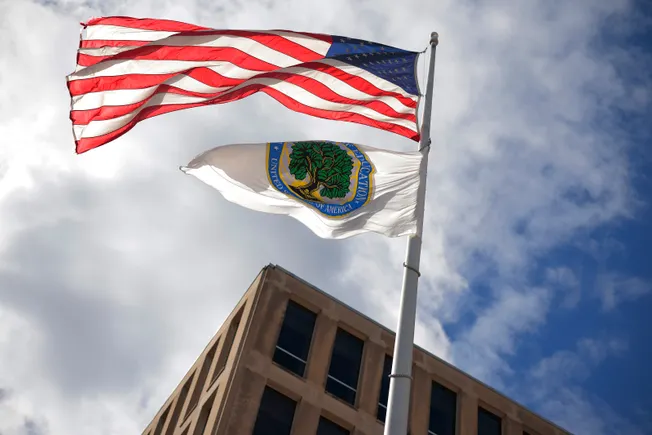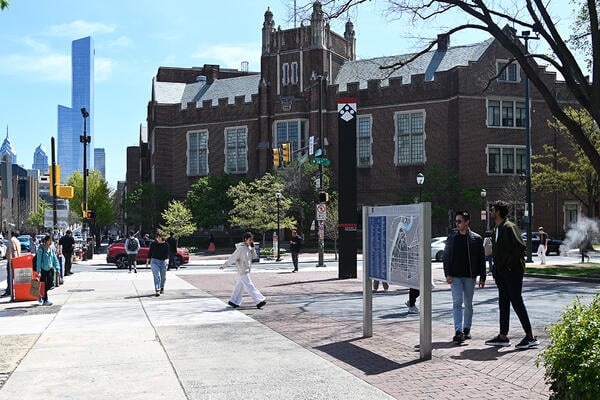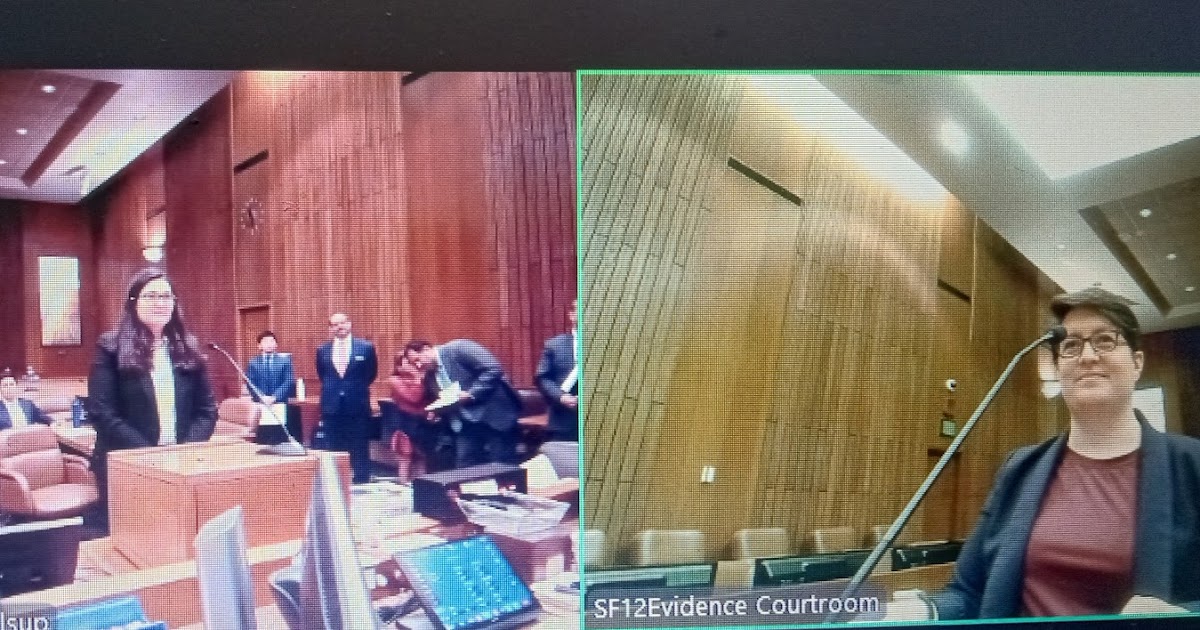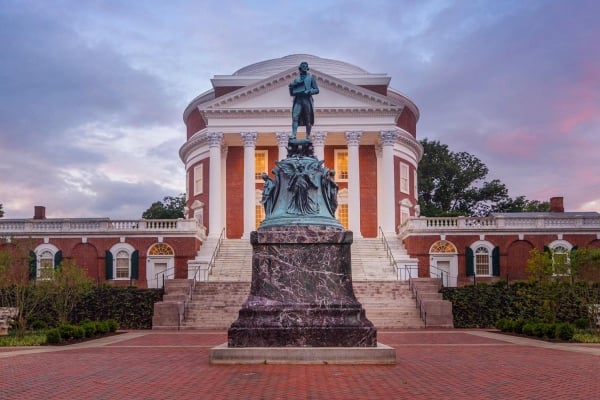As public complaints continue to pile up at the U.S. Department of Education’s Office for Civil Rights, the agency is dismissing them at a pace that is alarming former OCR employees.
From the time of the agency’s reduction in force on March 11 until June 27, OCR dismissed 3,424 complaints, according to court documents filed by Rachel Oglesby, who has been chief of staff at the Education Department since January. By comparison, the office dismissed 2,527 cases in the three-month period between November 2024 and January 2025 under the Biden administration, according to Catherine Lhamon, who led the agency under the last presidency.
A similar contrast can be seen in the agency’s other benchmarks.
The Trump administration’s OCR opened 309 complaints for investigation in the March-June period, compared to 674 during the Biden administration’s final three months between Nov. 1, 2024, and Jan. 1, 2025. The Trump Education Department recently resolved 290 complaints with voluntary agreements, OCR-mediated settlements and technical assistance, while Lhamon said the previous administration, around the same three-month period, resolved 595 through mediation or voluntary resolution alone.
The contrast “reflects a shocking diminution of work output from the office,” Lhamon said by text message on Monday.
“A dismissal rate this high suggests a fundamental shift in how OCR is triaging and processing complaints,” said Jackie Gharapour Wernz, an education civil rights attorney who worked for the OCR under the Obama and first Trump administrations. “It raises serious concerns about whether civil rights issues are being meaningfully evaluated and whether the agency is adhering to its own case processing manual and relevant law in dismissing cases.”
An Education Department spokesperson, however, strongly defended the agency’s work.
In dismissing complaints, OCR is taking actions according to federal law, regulations and the OCR case processing manual, which outlines the steps the agency must take to process complaints, said Julie Hartman, an Education Department spokesperson, in an email to K-12 Dive late Monday.
Hartman also pointed to the agency’s work with the Department of Justice, which it partnered with to expedite climbing sex-based discrimination claims.
“OCR has taken unprecedented steps to streamline its functions according to demand,” said Hartman. “OCR’s daily accomplishments under the Trump Administration disprove the rampant fear-mongering by the media” and makes clear that “OCR is vigorously upholding its responsibilities to protect all Americans’ civil rights.”
The high number of case dismissals comes after the department let go of hundreds of its OCR employees and shut down seven of its 12 regional offices. The moves prompted concerns from civil rights advocates that the agency wouldn’t be able to fulfill its duties to protect students — especially those from traditionally marginalized groups.
Those layoffs came amid historic high OCR caseloads, which had prompted the Biden administration to advocate for increased funding to beef up the office’s investigative staff. Lhamon at the time had said investigators were juggling “untenable” caseloads of upward of 40 cases per person.
Since the mass layoffs, existing investigative staff have been juggling nearly double that workload. And the Trump administration has proposed slashing the office’s funding for fiscal year 2026 by $49 million compared to the $140 million appropriated in 2024.
The concerns led to a lawsuit, Victim Rights Law Center v. U.S. Department of Education, filed by Victim Rights Law Center. In a ruling last month, U.S. District Judge Myong Joun said the mass terminations and closure of multiple OCR offices meant the office had “abdicated its enforcement duties” and ordered that OCR be restored to its status quo.
As part of that lawsuit, the department was required to routinely file updates on its progress in restoring the office. The Education Department has stated that despite being required to reintegrate employees into the office per the court order, it intends to appeal the case.
The department has likewise appealed an order requiring the department be restored to its status quo in State of New York v. McMahon, a separate case challenging the upheaval of the entire department as opposed to just OCR.
Following the layoffs in March, Education Department spokesperson Madi Biedermann indicated changes were being made to OCR’s operations “to better serve American students and families.”
“We are confident that the dedicated staff of OCR will deliver on its statutory responsibilities,” Biedermann said in a March 13 email to K-12 Dive.










